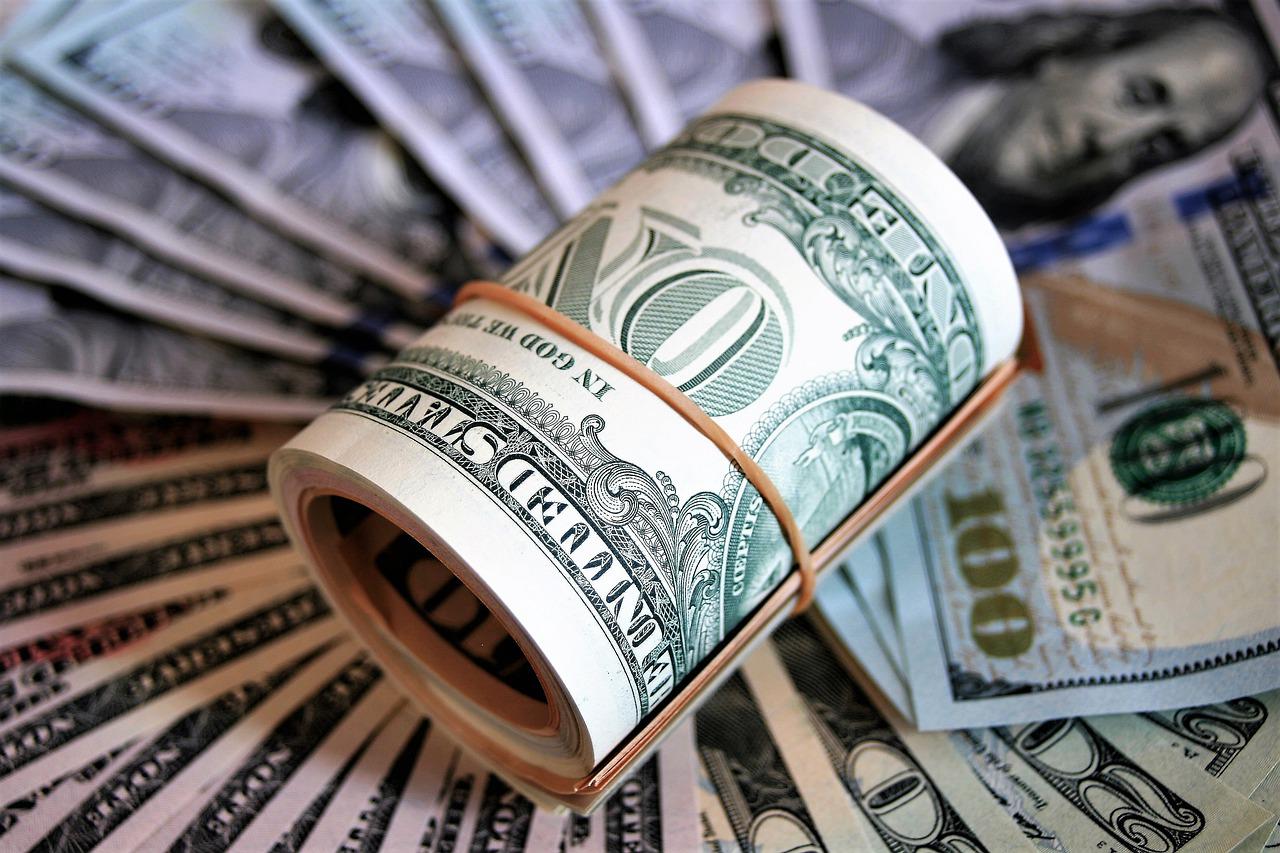Pay inequity isn’t just an issue for employees: It’s a major problem in the social media economy, and marketers need to ensure they have equitable pay policies in place to avoid unfair compensation practices.
For years, we’ve heard that white women earn 82 cents on the dollar, compared to their male counterparts, and that Black women bring in only 63 cents, with other marginalized groups falling somewhere in between.
Similar pay inequities are now visible in the social media economy through how brands compensate influencers for brand deals and sponsorship posts.
The pay gap between white influencers and their Black, indigenous and people of color (BIPOC) colleagues is 29%, and women earn 30% less than men, according to a recent study by MSL and The Influencer League of the $16.4 billion influencer industry.
That’s a much wider pay gap than in many other industries, including business, media and education.

It’s not uncommon for creators of color to be underpaid at the start of their careers. Blizzb3ar, a queer Black microinfluencer with 28.1K followers on Twitch, said he was encouraged to accept low pay.
“I was actually told by other creators to always shoot for a lower price because if I didn’t, the company wouldn’t be interested in me,” the streamer told SmartBrief. “Meanwhile, my white colleagues were making more money without having to negotiate or having to prove/show their numbers.”
The advice Blizz received was bad, especially since most brands prefer micro-influencers because their audience is typically like-minded with similar interests.
How to create equitable pay structures
It can be difficult to ensure equity pay among influencers given their varying reach and audiences. But marketers can standardize pay based on those metrics as well as the scope of projects to ensure that, all things equal, influencers know they will get paid the same way as others
Some companies are working to empower and educate influencers on how much they can charge for brand campaigns. Black Girl Digital, a minority and woman-owned Black influencer marketing agency, helps influencers know their worth.
“No campaign is created equal. However, regardless of scope, we make sure influencers are paid fairly based on the scope,” CEO/Founder LaToya Shambo said.
The Influencer League is another Black and woman-owned business helping creatives of color become successful content creators. Created by Brittany Bright, the organization crowned itself the Ivy League of Influencers and aims to equip influencers with the tools and information they need to succeed online.
“To close the influencer pay gap, we need to first start with awareness and education,” Bright says. “I wanted to go beyond just telling other Black creators to ‘know your worth.’ I wanted to also teach them about it as well.”
A seasoned veteran in the influencer space, Bright founded the Influencer League while working as an influencer marketing manager. She noticed that Black influencers would charge significantly less than white influencers with the same social media stats and metrics. The CEO assumed they may not have known their content’s value within the industry, and today her company helps them understand this.
Her courses, Mastering Monetization and 6-Week Masterclass, teach aspiring social media entrepreneurs negotiation skills and ways to maximize their earnings. She only admits BIPOC students into the program.
Advice about pay inequity for influencers
To close the pay gap, Society 18 CEO Pamela Zapata, says new underrepresented creators should look into educational courses.
“Educate yourself, research across the board on what is standard and market value,” Zapata said.
Influencers can also be transparent with one another and work together to encourage brands to adopt equitable policies, Zapata added.
Transparency can help ensure equity. “Share information with other creators within your network,” she said. “Discuss baseline rates and fees on TikTok, Instagram and YouTube.”
As influencers raise awareness of the equity gap in their business, more brands and agencies are likely to adopt policies that will rectify the current disparities in influencer pay.
By being transparent and creating standards for how compensation works, marketers can ensure that they are treating influencers fairly and building lasting relationships that will drive results.
Subscribe to our free newsletter to get the latest marketing news and insights direct to your inbox.
